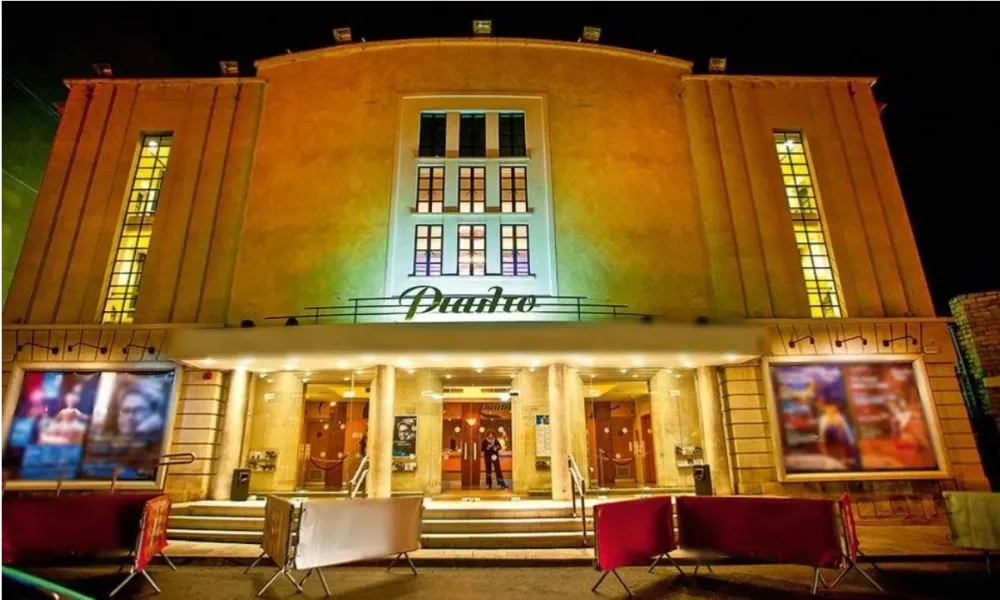The Limassol municipal council on Thursday discussed the month-long dispute over the city’s landmark Rialto Theatre and unanimously reaffirmed the municipality’s interest in taking it over. Mayor Yiannis Armeftis briefed councillors on developments to date, including exchanges with the Ministry of Finance, which currently holds the Rialto, and was authorised to open immediate negotiations with the state to reach an agreement.
Ownership path and funding offer
At the centre of the city’s proposal is the transfer of the theatre property on Heroon Square, which today belongs to KEDIPES (formerly the Limassol Co-operative Savings Bank). If the transfer proceeds, the municipality says it is ready to cover at least 50% of the Rialto’s operating expenses, bridging costs until economies of scale and efficiencies allow the city to assume the full burden. As an alternative, Limassol is also prepared to accept a long-term concession/lease at a symbolic rent. In either case, the stated intent is for the Rialto to continue operating as it does today, with no interference in its artistic programming.
Since the 2018 shift in the Rialto’s ownership, the theatre’s legal and funding framework has lacked clarity. Questions routinely arise over public financing approved by the Council of Ministers, which effectively replaced the former sponsorship from the Co-operative. The theatre’s operating costs are about €250,000 a year. It also receives €800,000 for festivals and in-house productions, and a further €120,000 from the Deputy Ministry of Culture, in line with support to other cultural organisations. The city argues a municipal solution would gradually relieve the state of ad hoc subsidies.
Transfer of the management company
In the same vein, Limassol proposes that the Rialto’s management company be transferred to the municipality. The company is 99.5% state-owned, with a small number of former Co-operative directors as minority shareholders. The council’s package of proposals, described by officials as the city being willing to “put its hand in its pocket,” is aimed at finding common ground with the state and securing the theatre’s long-term stability.
